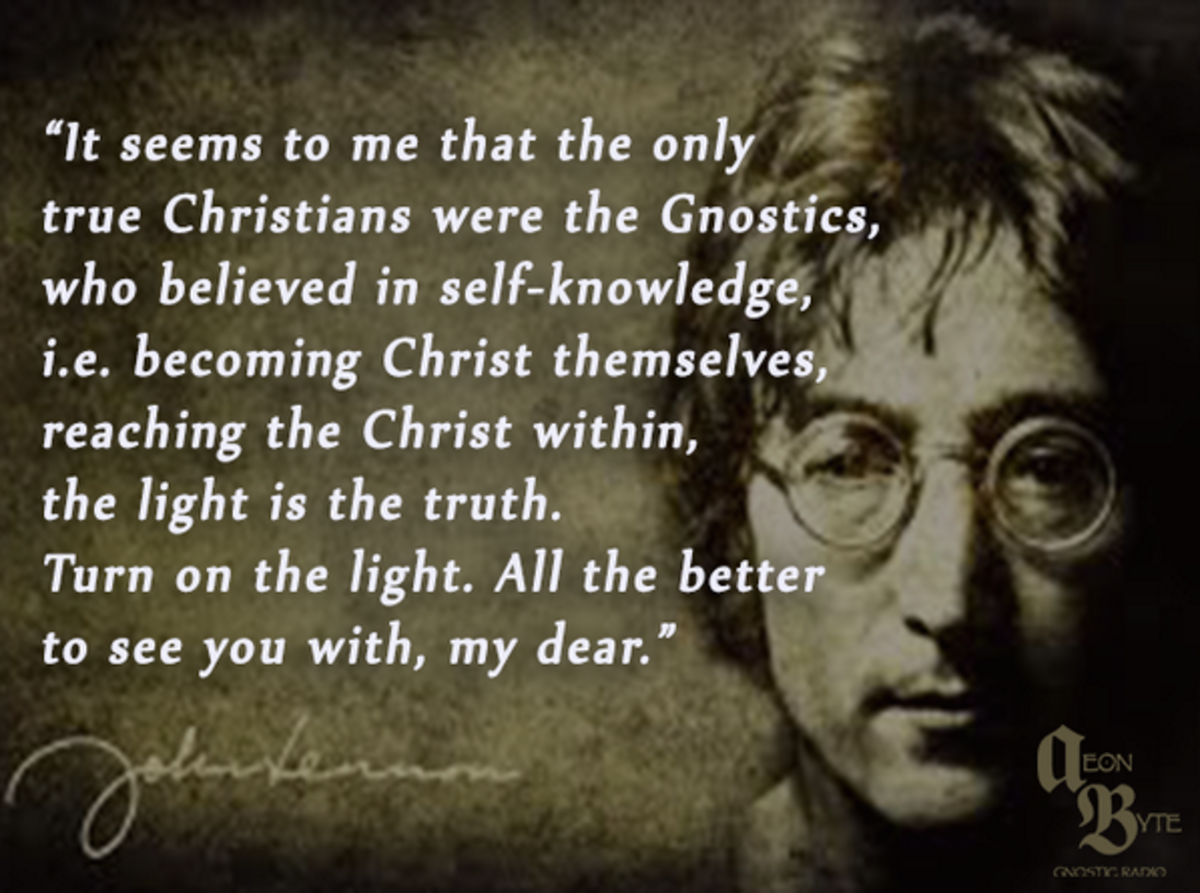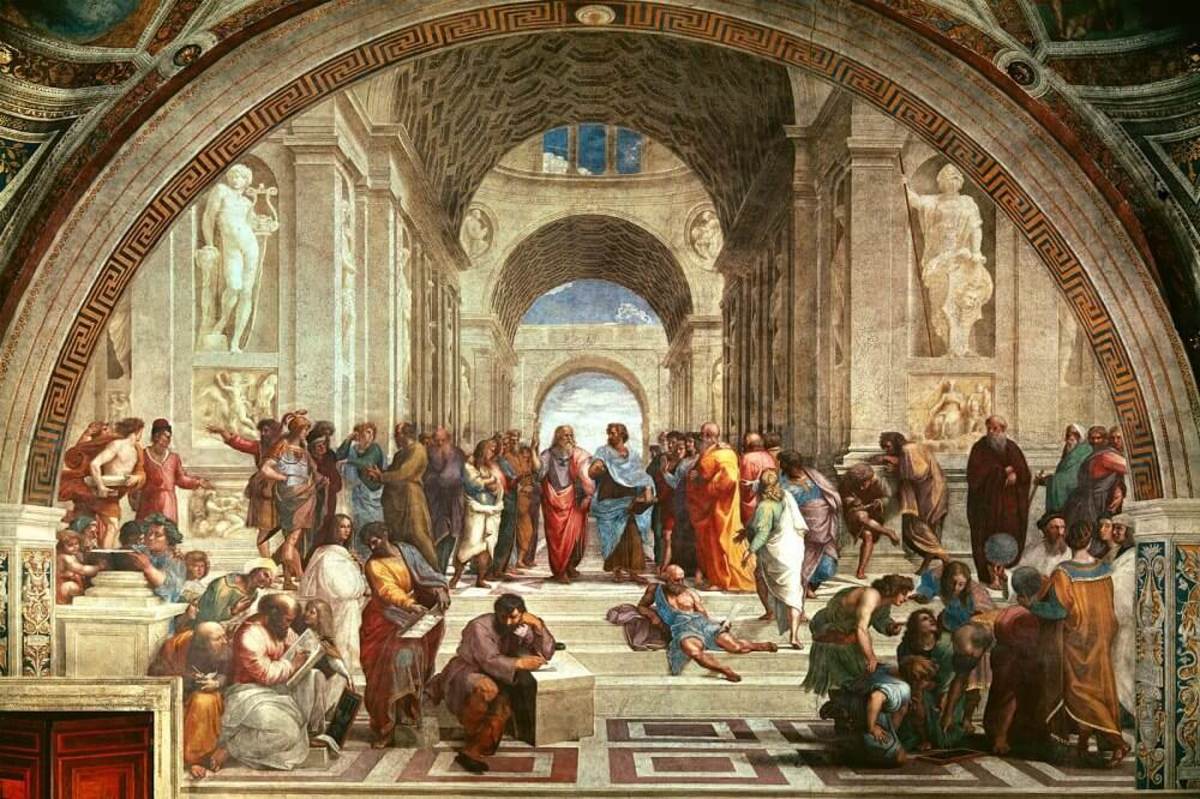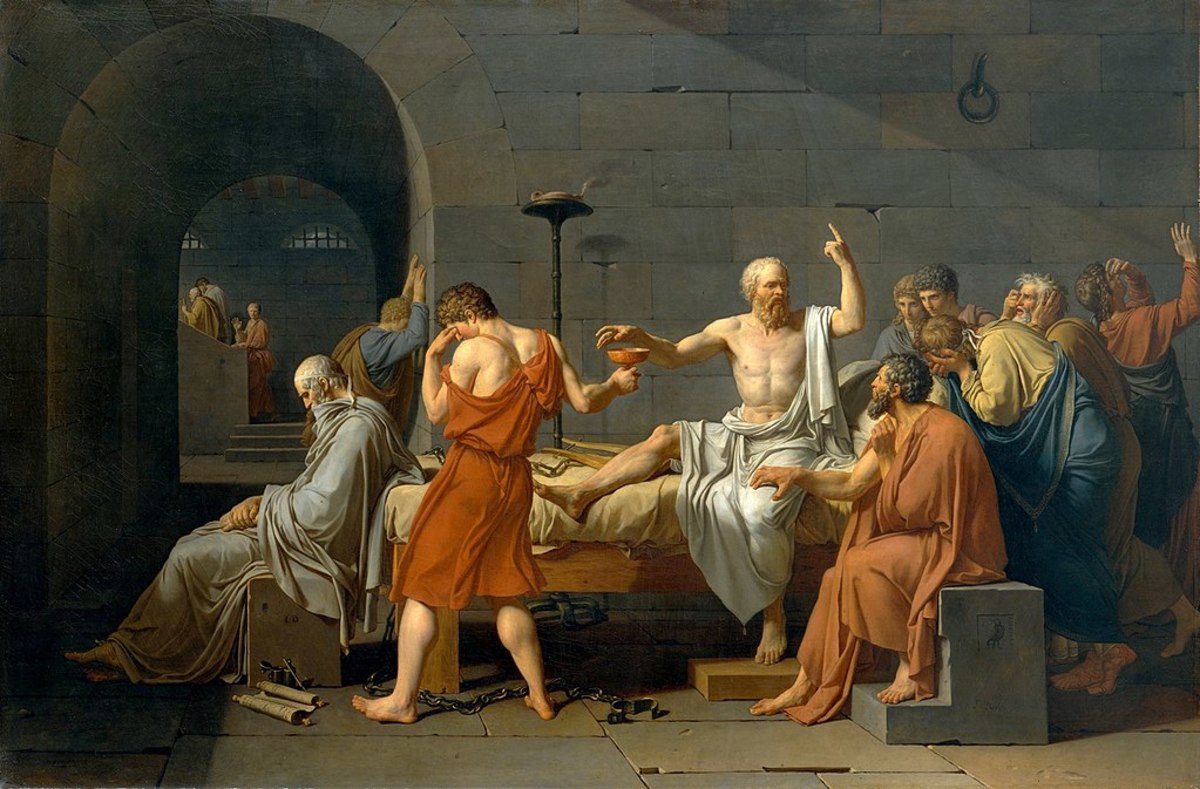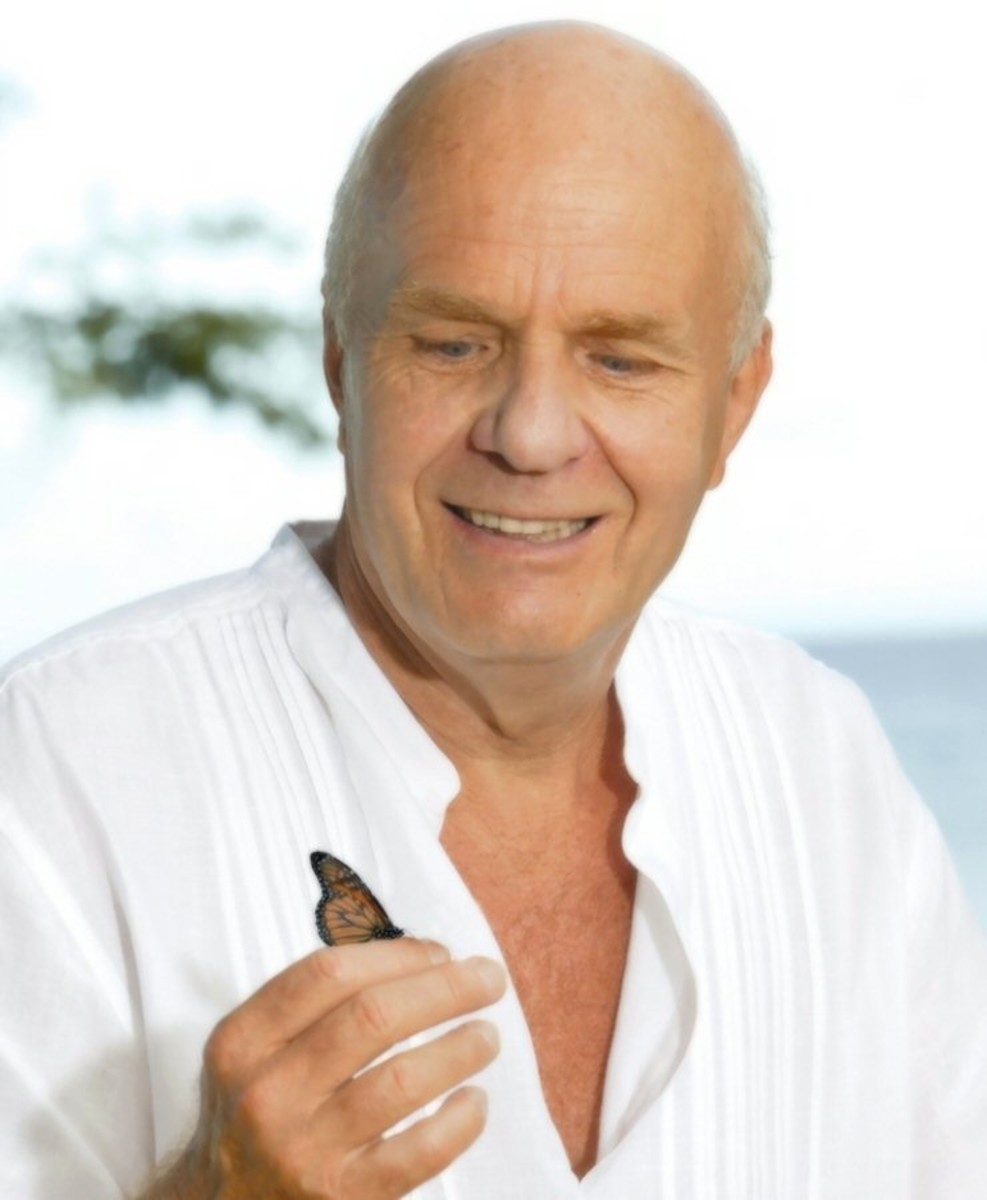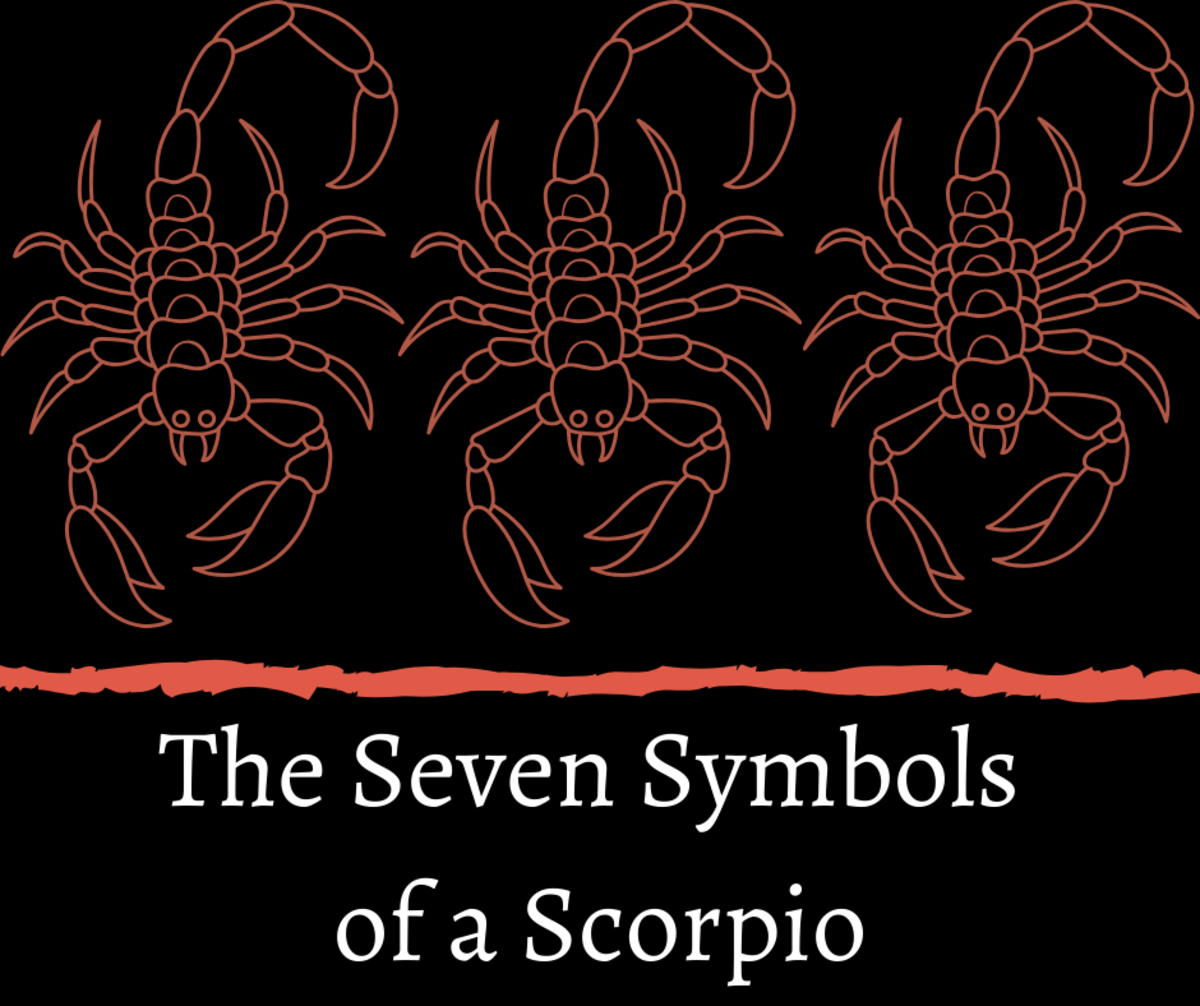Applying Stoicism to a Quarantined World
Letting Go of the Material World
Today’s world is dominated by materialism.
That’s a very simple statement that many people will agree with on a surface level; but really, what does materialism mean?
The meaning of materialism can be derived from observations made on the affect it has on most of us. As we desperately cling to the physical world, our metaphysical selves grow complacent, our minds and bodies atrophy as paradoxically our senses are overloaded. As a result of too much Netflix and Taco Bell we gain excess weight; from staring at blue-light screens all day we get headaches and worsened vision; upon emptying our wallets into the newest video game releases we find ourselves broke and bored as we tire too quickly of these novel delights and constantly look on to the next. In spite of our never-ending consumption of actively shifting items and services, we become inactive.
Materialism is in this context the pursuit of happiness through physical pleasures removed from other human beings and from ourselves. It is a kind of dissociation that is uniquely painful as it is far removed from what human beings desire at their core; a sense of connection, of belonging to something far beyond themselves.
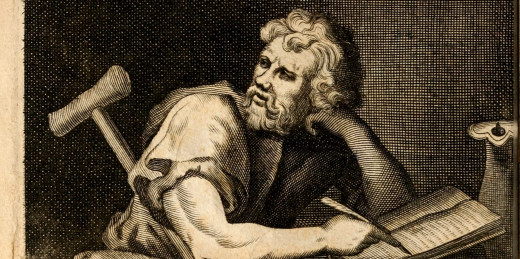
“Seek not the good in external things; seek it in yourselves”.
-Epictetus
Averting Diversions
Epictetus is an ancient Stoic philosopher who is quoted often online, as the things he had to say were quite memorable and profound. One such saying of his that pertains to the conflict that materialism presents in people is this: “Seek not the good in external things; seek it in yourselves”.
Given the current circumstances of our global civilization, material comforts are a welcome diversion that many embrace. When uncertainty is the only thing that is certain, it is natural for us to seek out objects to possess and control so that we can be sure to have at least one source of stability in our lives. However, these comforts are fleeting and ultimately unfulfilling; they do fulfill a transient purpose in our lives but they do not lead to lasting growth or stability. While total asceticism is not really ideal, a degree of detachment from the physical pleasures of life is needed to attain a better sense of self.
“The fruits of the earth are not brought to perfection immediately, but by time, rain and care; similarly, the fruits of men ripen through ascetic practice, study, time, perseverance, self-control and patience.”
-St. Anthony
Time Spent Alone is Valuable
Many of us are suddenly burdened by something we thought we could never get enough of-time. And a great deal of that time is spent in solitude. As we are forced into a sort of post-modern mass pseudo-hermitage, it would benefit us to look back at those in history who willingly isolated themselves in less tumultuous times and learn the art of self reflection from their experiences and thoughts.
One of the earliest recorded Christian hermits was a man from Egypt named Antony or Anthony, who was canonized at St Anthony. Anthony spent most of his life in periods of solitude, with some being stricter than others. For 20 years, he lived in an abandoned Roman fort in the mountain Pispir by the Nile River. His isolation was so strict that he refused to meet any of the pilgrims who had journeyed there to see him, and food was thrown to him over the fort’s walls. Anthony grew so famous and was so revered during his time that Emperor Constantine wrote to him requesting prayers, which Anthony rejected on the grounds that the Emperor held the earthly world in too high esteem and that he should revere the next, Heaven, instead.
One highly pertinent quote by Anthony the Great is this: “The fruits of the earth are not brought to perfection immediately, but by time, rain and care; similarly, the fruits of men ripen through ascetic practice, study, time, perseverance, self-control and patience.” While the saint was not a Stoic, his belief that men should look within themselves for their own spiritual fruit is in line with much of Stoicism’s core philosophies. His life spent in solitude and asceticism lead him to acquire profound revelations about the strength of his resistance towards material temptation, and though he spent much of his life away from civilization he evidently felt fulfilled by his knowledge and faith.
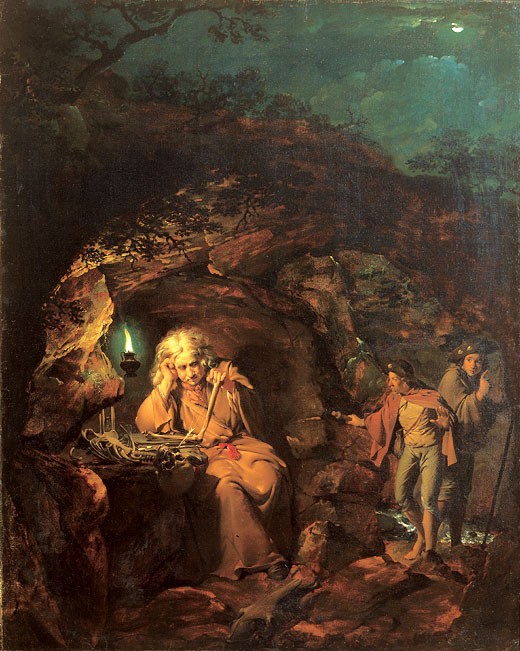
“The wise person will flee the crowd, endure it if necessary but given the choice, choose solitude..."
-Michel de Montaigne
Isolation Helps Us Rediscover Ourselves
Michel de Montaigne was a French philosopher from the 16th century who is commonly attributed with the invention of the essay as a form of reputable literature. In contrast to many Stoics, he held a strong disdain for his esteemed predecessors like Plato or Cicero as he found them pretentious. After he made the decision to step back from his position as a public official and retreated to his castle, he wrote a series of 39 essays dubbed On Solitude.
One passage from his essays reads as follows: “The wise person will flee the crowd, endure it if necessary but given the choice, choose solitude. We are not sufficiently rid of vices to have to be contending with those of others.” It is clear in his statement that Montaigne believed people could not free themselves of temporal pleasures unless they chose isolation.
Among groups of people, consumption becomes a group activity; much of the time when a friend reaches out to you and asks if you could meet them somewhere, chances are they’ll request a location that provides a vice of some sort, such as a restaurant or a carnival. Unless you have weird philosopher friends who enjoy sitting in a silent circle of contemplation in a dark closet, the vast majority of time spent with your peers likely revolves around material pursuits.
While this isn’t necessarily detrimental in a bubble, a healthy dose of solitude can afford a person a degree of separation from those vices so that she may maintain her inner resources. Montaigne had once said that the humble, uneducated wives in a village lived the richest lives due to their detachment from snobbery and vice; they were not total hermits, yet they maintained a level of solitude that allowed them to contain inner meaning in their lives. Montaigne himself was resigned to a hermit’s life up until his death, only venturing into the world when absolutely necessary. Through this time spent alone he found inner fulfillment from a life devoid of vice and filled with virtue.
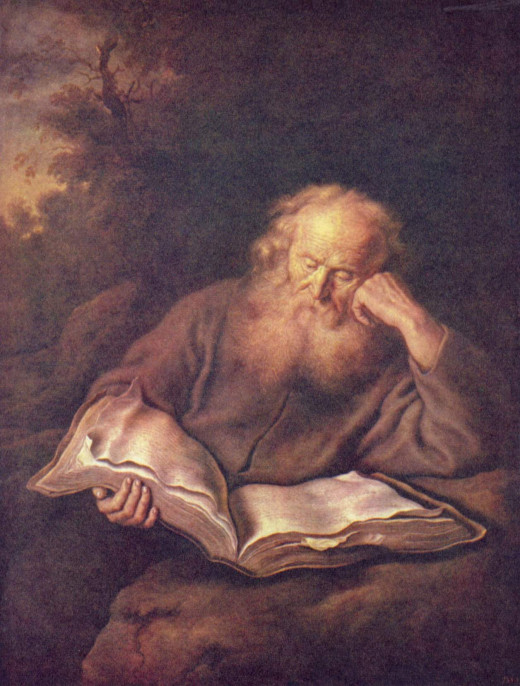
Solitude Can Be Enjoyed Post-Lockdown, Too
An important note to leave off on would be this passage from one of Montaigne’s essays: “We must take the soul back and withdraw it into itself; that is the real solitude, which may be enjoyed in the midst of cities and the courts of kings; but it is best enjoyed alone.” When this period of uncertainty eventually passes and life as we know it returns gradually to its pre-calamity state, we should remember the lessons learned in isolation and retain the spirit of solitude even as our physical bodies are allowed to gather near each other once more.

